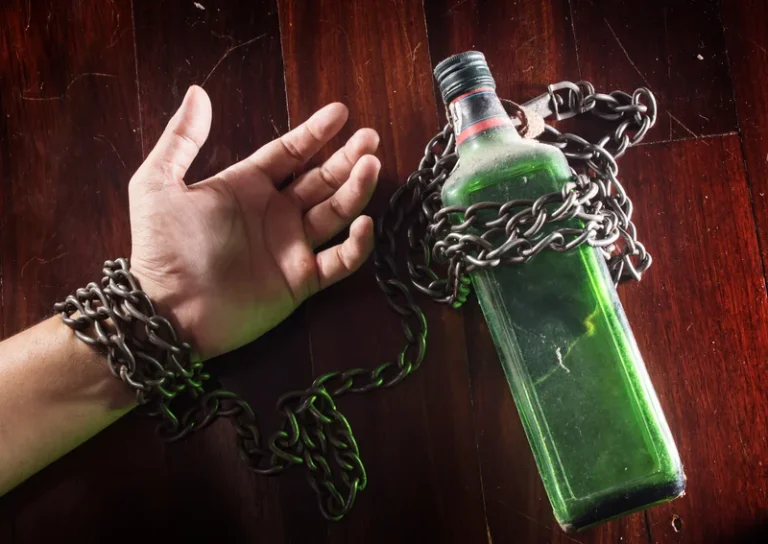
It can start as young as high school, with parties, increase with events in college, and continues Sober living home into adulthood with alcoholic drinks regularly provided at most social gatherings. Even when used at the most responsible level, there are dangers of being drunk and being surrounded by other intoxicated people. Since intoxication can lead to riskier behavior, blackouts can be dangerous.
The annoying effects of drinking

The speed at which a person enters into those stages depends on tolerance and the amount consumed. Your personality can change when you drink due to alcohol’s effects on the brain. When you consume alcohol, it is quickly diffused into your bloodstream, reaching your brain within about five minutes. As your blood alcohol concentration (BAC) rises, the effects of alcohol on your personality become more pronounced.
Side Effects of Getting Drunk vs High
- Your brain is also at greater risk here, as heavy drinking can lead to memory problems and mental health issues such as depression and anxiety.
- According to the Centers for Disease Control and Prevention (CDC), excessive alcohol intoxication led to more than 140,000 deaths yearly in the United States from 2015 to 2019.
- At the end of the day, the decision to get high is completely up to the individual.
- They have stayed clean for some time and their tolerance has gone down.
- If you’re new to drinking and feeling drunk, it’s important to know information surrounding alcohol and its effects.
Continued use https://ecosoberhouse.com/ produces a tolerance that requires more and more of the drug before that same high is achieved once again. An opioid high can feel like a rapid and intense surge of pleasure to the brain. Opioid highs also cause a sense of warmth and can introduce a false sense of wellbeing. But when you first consume it, the feelings and effects you get are stimulating. Due to its size and the fact that alcohol can easily cross the blood-brain barrier due to it being soluble in fat and water, it has a profound impact on the brain.

Understand the Risks of Alcohol Abuse
- The more someone uses a drug, the more their tolerance increases, thus they have to use more of the drug to get the same effects.
- The first week is the most difficult as far as the severity of withdrawal symptoms goes.
- This emotional variability is influenced by personal factors such as mood prior to drinking and individual tolerance levels.
- The environment shapes not only the experience of intoxication but also how emotions are expressed and perceived during that time.
- Alcohol will impair our coordination and balance, making us more prone to accidents.
- Content posted on any web site, mobile program, social media channels, third party content service, or ad is for informational purposes only.
This is due to alcohol’s effect on neurotransmitters in the brain, which can lead to lowered inhibitions and increased sociability. Some may find themselves feeling sad or reflective after consuming alcohol. This duality stems from alcohol’s ability to amplify existing emotions rather than create new ones. If someone is already feeling anxious i like being drunk or depressed before drinking, those feelings might intensify as they become intoxicated. The emotional landscape can shift rapidly under the influence of alcohol. Initially, many people report feelings of happiness and relaxation as their inhibitions fade away.

Some people feel euphoric and carefree, while others may become emotional or even aggressive. Alcohol poisoning occurs when the concentration of alcohol in the bloodstream reaches toxic levels, shutting down essential bodily functions. Because alcohol suppresses the central nervous system, drinking too much can slow down or stop breathing, cause the heart to beat irregularly, and lead to hypothermia (especially in cold environments). In severe cases, alcohol poisoning can result in brain damage or death.
- In this article, we take a look at the different types of drugs and what individuals may feel when they use, and abuse, those drugs.
- Blackouts are a sign of severe intoxication and indicate that you’ve consumed too much alcohol.
- If you’re worried about your alcohol intake and need advice, please reach out to us today.
- Alcohol disrupts the brain’s ability to think clearly and make rational decisions.
- But using these tips can help mitigate the feelings of tipsiness more quickly.
- Drinking water can help mitigate dehydration, but it doesn’t reduce intoxication.

Being tipsy refers to the early stages of intoxication, where you feel relaxed, social, and slightly impaired. Being drunk means the effects of alcohol are much stronger, and you may have impaired motor skills, judgment, and coordination. Many people are curious about how alcohol affects the body, both physically and emotionally. In this article, we’ll break down the experience of being drunk, how it feels at various stages of intoxication, and the risks that come with alcohol use. A person who has been drinking can say that he or she is ‘buzzed’ when they feel that slight buzz after they have started drinking alcohol.